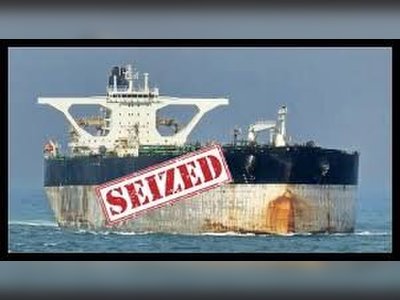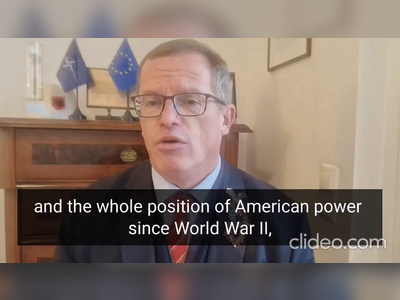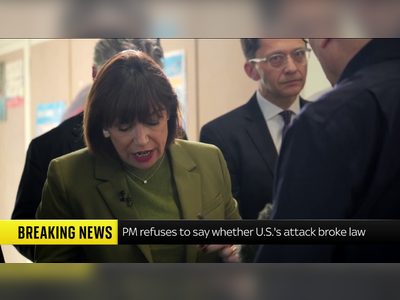
Surge in Cocaine Trafficking from Spain to France
Authorities report substantial increases in cocaine seizures and evolving trafficking methods, amid a surge in drug trafficking activity.
French customs authorities have reported a staggering increase in cocaine seizures, with a total of 110.8 tonnes discovered in 2024, representing an 18% rise compared to the previous year.
This surge has prompted law enforcement agencies to adapt their strategies in response to increasingly sophisticated drug trafficking methods.
Cocaine shipments from Spain are predominantly arriving by sea, but authorities have noted a significant shift towards land routes as traffickers diversify their tactics.
Approximately 70% of the seized cocaine is intercepted by the customs service, which employs around 16,500 agents stationed in key transit points including ports, airports, and major road networks throughout France.
With cocaine production reaching unprecedented levels—peaking at 2,182 tonnes in 2020—drug cartels are reportedly employing ingenious methods to conceal their shipments.
This change in trafficking patterns reflects both the evolving nature of the drug trade and the desperate measures taken by traffickers to distribute their products.
Corinne Cléostrate, the deputy director responsible for combating fraud and trafficking at customs, highlighted that maritime freight, particularly through container shipping, remains the dominant means of transporting large quantities of cocaine.
However, she noted a noticeable increase in the use of land routes for cocaine distribution, a method traditionally employed for cannabis trafficking.
An incident reported on February 10 involved customs agents in Hendaye stopping a suspicious pickup truck originating from Spain and purportedly en route to Poland.
The vehicle was found to contain cleverly concealed compartments for transporting the illicit substance.
This represents a broader trend, as drug traffickers increasingly employ innovative techniques to elude detection.
The rise in cocaine trafficking not only poses significant public health challenges but also raises concerns regarding organized crime and its financial implications.
The pervasive influence of drug cartels continues to be a critical challenge for law enforcement agencies across Europe.
This surge has prompted law enforcement agencies to adapt their strategies in response to increasingly sophisticated drug trafficking methods.
Cocaine shipments from Spain are predominantly arriving by sea, but authorities have noted a significant shift towards land routes as traffickers diversify their tactics.
Approximately 70% of the seized cocaine is intercepted by the customs service, which employs around 16,500 agents stationed in key transit points including ports, airports, and major road networks throughout France.
With cocaine production reaching unprecedented levels—peaking at 2,182 tonnes in 2020—drug cartels are reportedly employing ingenious methods to conceal their shipments.
This change in trafficking patterns reflects both the evolving nature of the drug trade and the desperate measures taken by traffickers to distribute their products.
Corinne Cléostrate, the deputy director responsible for combating fraud and trafficking at customs, highlighted that maritime freight, particularly through container shipping, remains the dominant means of transporting large quantities of cocaine.
However, she noted a noticeable increase in the use of land routes for cocaine distribution, a method traditionally employed for cannabis trafficking.
An incident reported on February 10 involved customs agents in Hendaye stopping a suspicious pickup truck originating from Spain and purportedly en route to Poland.
The vehicle was found to contain cleverly concealed compartments for transporting the illicit substance.
This represents a broader trend, as drug traffickers increasingly employ innovative techniques to elude detection.
The rise in cocaine trafficking not only poses significant public health challenges but also raises concerns regarding organized crime and its financial implications.
The pervasive influence of drug cartels continues to be a critical challenge for law enforcement agencies across Europe.











